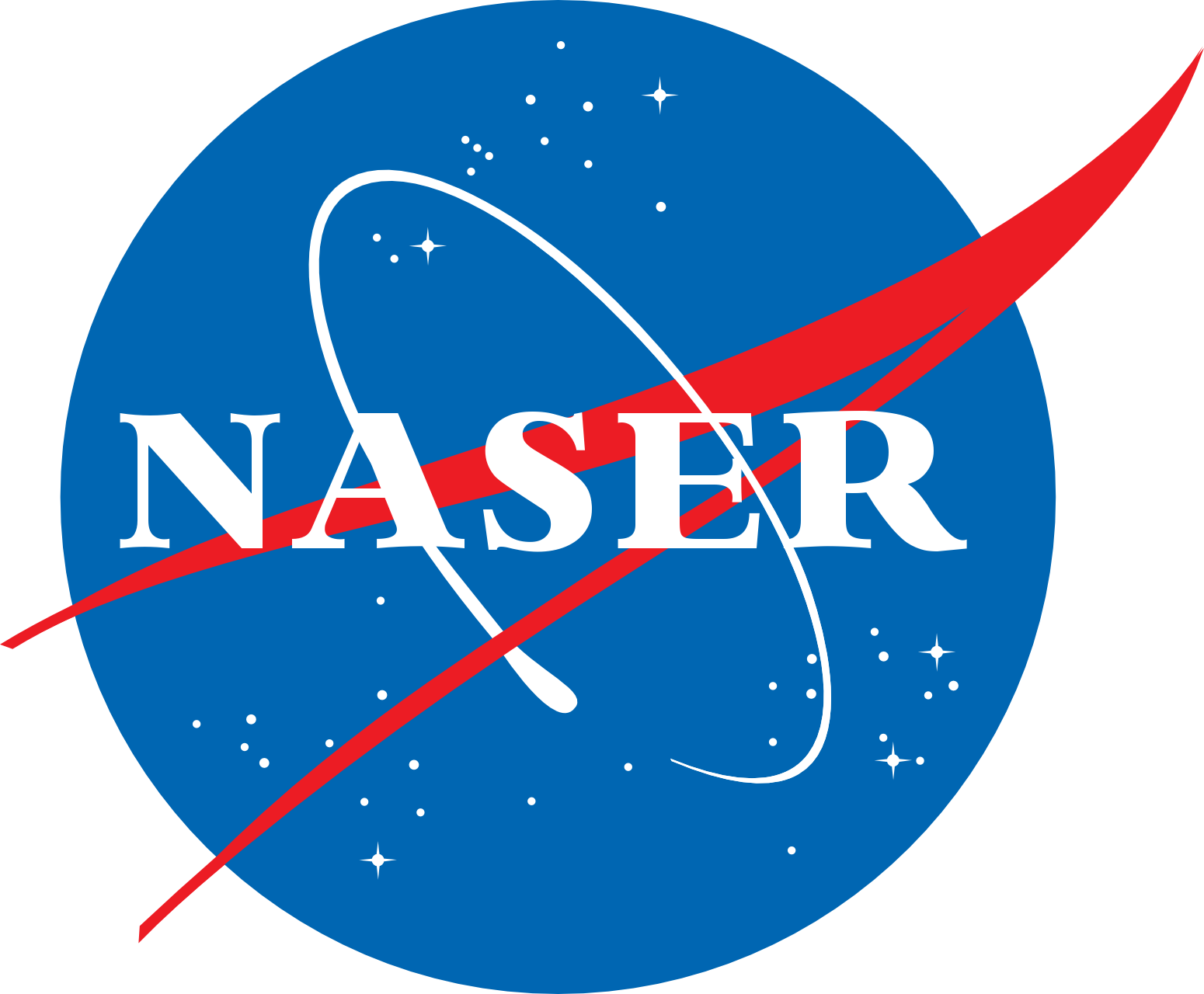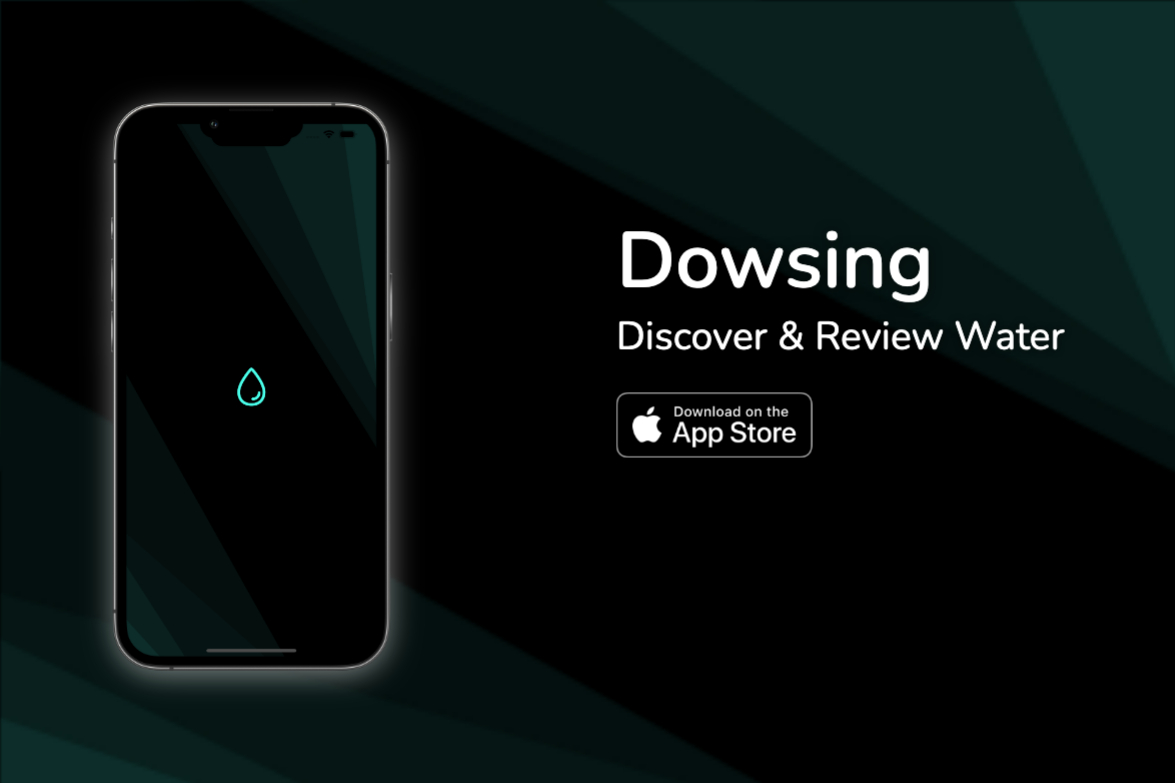Student Spotlight - Quan Phan ‘25 (Holistics)
Written on August 29th, 2022 by Naser
This post is part of a student spotlight series highlighting the work of exceptional students. The series aims to facilitate knowledge sharing among students on topics such as internships, jobs, and graduate school. Today, I have the pleasure of talking to Quan Phan ‘25, a rising sophomore who will tell us about his internship experience this summer.
Naser: Can you tell us about the internship you had this summer? What kind of internship was it?
Quan: This summer, I interned at Holistics Data - a Business Intelligence company based in Viet Nam and Singapore. I worked primarily as a data analyst, serving internal analytical demands. In my last month, I also had the chance to try out Product Management.
Naser: How did you find this internship? And why did you select it?
Quan: I used LinkedIn Job search. Keyword: “software engineering intern”. Location: Ho Chi Minh city. I selected this position because I wanted to intern near my home.
Naser: Can you tell us about the interview process? And how did you prepare for it?
Quan: There were two rounds of interviews. The first round was a 20-minute chat with the hiring manager. There was no behavioural question (yup, no “tell me about yourself” or “why this company” or “tell me how you handled a dispute in your team”). She asked me what I really wanted out of the internship and whether I had any questions about the company.
The second round was the technical interview. The interviewer asked what I had learnt, and only tested me using what I had learnt. I was asked to evaluate the trade-off between two data structures (and their use cases), compare React and Vue (two major frontend frameworks), and a very basic coding question in my language of choice (an equivalent of Leetcode easy questions). We also spent a considerable amount of time talking about a coding project I put on my resume. (Funny enough, I interviewed for the software engineer intern position, but I immediately transitioned to the Data team when I joined the company, which better fit my interest).
Before the interview, I spent about two weeks working on behavioural questions and Leetcode. I followed the guidelines in this handbook: https://www.techinterviewhandbook.org/ (which I highly recommend for any beginner swe internship-seeker out there). Given the interview, I think I overprepared, but I would not say the same if I had interviewed elsewhere.
Naser: What kind of activities were you involved in during your internship? And what aspects did you find most interesting?
Quan: Here are some highlights of my activities:
- Data-wise: I worked with business people to define and meet their analytical needs. “Meeting their analytical needs” involves building ELT pipelines, creating dashboards using our company’s BI tool, conducting ad-hoc analysis to develop a set of metrics for one of our product lines.
- Internal weekathon: My team came up with a new feature idea for our BI tool. I worked with another two engineers to launch a feature (Not to brag but we won the third prize in the company!)
- Product-wise: After the internal weekathon, I was “promoted” (it was much more informal than it sounds) to join the Product team. As a PM, I led the product discovery process - customer interviews, leadership meetings, market research - to define the users’ pain points and come up with a solution.
Naser: What tips would you give students interested in doing an internship in the future? You can mention any details that you like, including websites and other resources.
Quan: Before you take my advice, remember that I speak as a rising sophomore who has just interned at a small startup company with a great learning culture and high internal mobility (I interviewed for the swe position, worked as a data analyst, then jumped into Product Management).
There is also tons of good advice out there, so I’m only giving my unique perspective. I would say invest more time applying to those small startup tech companies. Yes, it may not be as prestigious as Google or Meta, but there will be more opportunities for students like us to experience different roles and types of tasks. Before my internship, my understanding of a data analyst’s daily work was so fragmented and I didn’t even know there was a role called Product Manager. Now I have a clearer vision of not only what these roles are about, but how to grow my skills as a DA and PM.
Also, you’ll have a much higher chance of getting into these startups compared to big techs (sorry but just a fact of life).
Naser: Thank you for sharing your experience, Quan. It was great hearing about your internship, and I am sure others will find your experience motivating and beneficial in their journey.
Quan: My pleasure!


